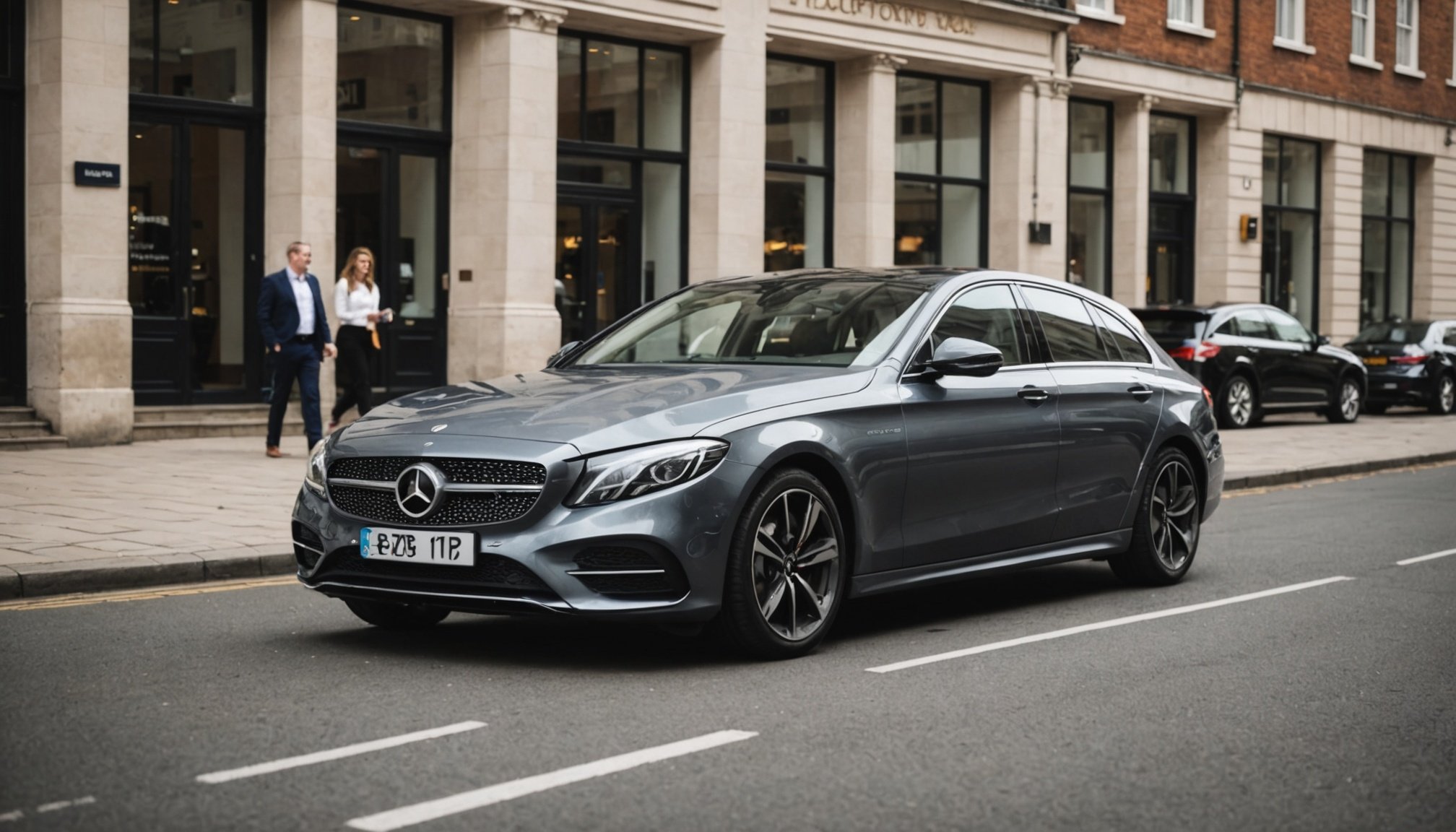In today’s dynamic automobile market, purchasing a new car often involves more than just choosing a vehicle that suits your needs. Financing is a crucial element of the car buying process and understanding your options is essential. From personal loans to PCP agreements, navigating this landscape requires a strategic approach. But which option suits you best? How do interest rates impact your monthly payments? We’ll delve into the complexities of car financing in the UK, providing you with the information required to make informed decisions.
Understanding Personal Loans for Car Purchases
When considering car finance, a personal loan is one of the most straightforward options. A personal loan involves borrowing a set amount from a bank or financial institution to purchase a car. You repay the loan in fixed monthly payments over an agreed period.
Also read : How often should you replace your windshield wipers for optimal visibility?
Key Elements of Personal Loans
- Interest Rates: Typically, fixed interest rates apply, ensuring that your payments remain consistent. Your credit score significantly impacts the rates you receive.
- Repayment Terms: Ranges from 12 to 60 months, allowing flexibility in your financial planning.
- Ownership: With a personal loan, you own the vehicle outright once you’ve made your final payment.
Benefits
- Flexibility: You can use the funds for any car you choose.
- No Mileage Restrictions: Drive as much as you like without penalty.
- Straightforward Agreement: No balloon payments or residuals at the end.
Considerations
While personal loans offer flexibility, they often require a good credit score for favorable terms. It’s vital to scrutinize the fine print for any hidden fees or early repayment penalties. Beware of fluctuating interest rates if you’re opting for a variable contract.
Exploring PCP Agreements
Personal Contract Purchase (PCP) is a popular choice in the UK for those who want lower monthly payments and flexibility at the end of their contract. Unlike personal loans, with PCP, you don’t pay off the full value of the car.
This might interest you : What are the most common causes of engine failure and how can you prevent them?
How PCP Works
- Deposit: Start with a deposit, typically 10% of the car’s value.
- Monthly Payments: Low monthly payments that cover the car’s depreciation.
- Final Payment: At the end of the term, decide whether to pay a balloon payment to own the car or return it.
Pros
- Affordability: Lower monthly repayments make higher-end cars accessible.
- Flexibility: Choose to keep, return, or trade the vehicle at the contract’s end.
- Newer Vehicles: Regularly driving newer models due to shorter agreement terms.
Cons
- Ownership: You only own the car if you make the final payment.
- Mileage Limits: Exceeding limits can incur additional charges.
- Condition Requirements: The car must be in good condition upon return.
PCP is ideal for those who prioritize flexibility and can deal with potential interest fluctuations. It’s imperative to assess whether you’re comfortable with the monthly payments, deposit, and any additional costs.
The Role of Credit Scores in Car Financing
Your credit score is the key to unlocking favorable car finance deals in the UK. Lenders assess your financial reliability using this metric, impacting both the offers you receive and the terms of your finance agreement.
Why Credit Scores Matter
- Interest Rates: A higher credit score often translates to lower interest rates, reducing your overall payment amount.
- Loan Approval: Scores affect eligibility; the better your score, the more likely you are to secure a loan.
- Loan Amounts: A strong score can increase the maximum amount lenders are willing to offer.
Improving Your Credit Score
- Timely Payments: Regular, on-time payments on existing loans and bills boost your score.
- Credit Utilization: Keep your credit card balances low relative to your limits.
- Regular Checks: Monitor your credit report for errors and rectify any discrepancies.
Impact on Different Financing Options
Whether opting for a personal contract hire or PCP, your score plays a pivotal role. High scores can open doors to premium car finance options, while lower scores might limit you to higher interest agreements. Understanding and improving your credit score is essential in securing the best deal possible.
Hire Purchase: A Pathway to Ownership
Hire Purchase (HP) agreements provide a straightforward path to owning a vehicle. Unlike PCP, HP allows you to eventually own the car without a large lump sum payment at the end. Here’s how it works:
Mechanics of Hire Purchase
- Initial Deposit: Pay a deposit, typically around 10% of the car’s price.
- Monthly Payments: Consistent payments over an agreed term, often between 12 and 60 months.
- Ownership: Once all payments are complete, the car is yours.
Advantages
- Ownership Assurance: Guaranteed ownership at the end of the term, unlike PCP.
- Fixed Costs: Know exactly what you’ll pay each month.
- No Mileage Limits: Drive without constraints on your mileage.
Considerations
- Higher Monthly Payments: Compared to PCP, payments are generally higher.
- Commitment: You’re committed to the car for the entire term.
Hire Purchase suits those who aim for ownership without dealing with balloon payments. It’s a stable option if you’re focused on building equity in your vehicle without mileage restrictions.
Selecting the right car finance option in the UK demands careful consideration of your personal finance goals, monthly budget, and car ownership intentions. Whether opting for a personal loan, exploring a PCP agreement, or committing to Hire Purchase, each choice has distinct advantages and constraints.
Understanding the nuances of each option can significantly impact your financial well-being and driving experience. By maintaining a strong credit score, comparing the interest rates, and weighing the pros and cons of each finance model, you’re better positioned to make a decision that aligns with your needs. As you navigate the journey of acquiring a new vehicle, knowledge is your most powerful tool.











